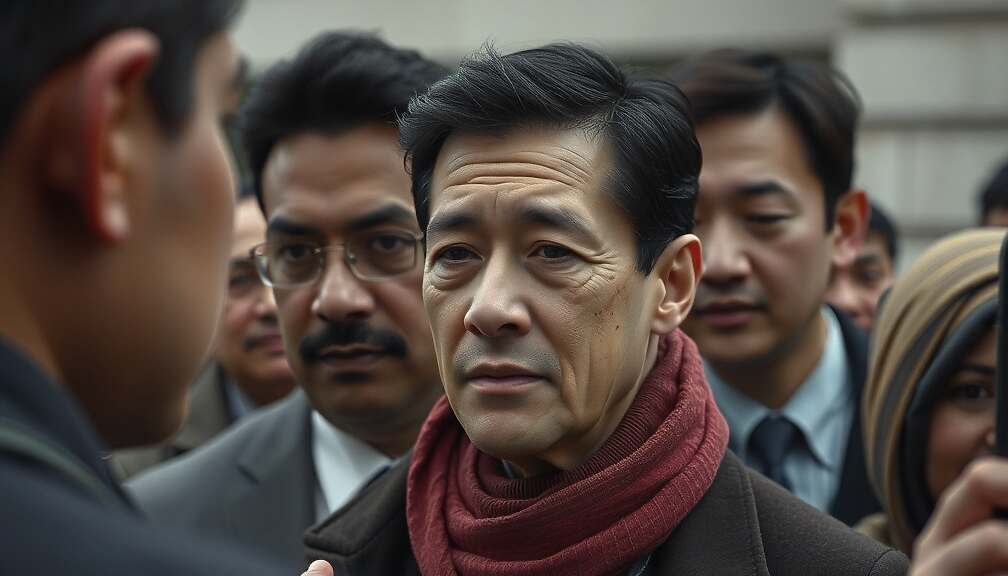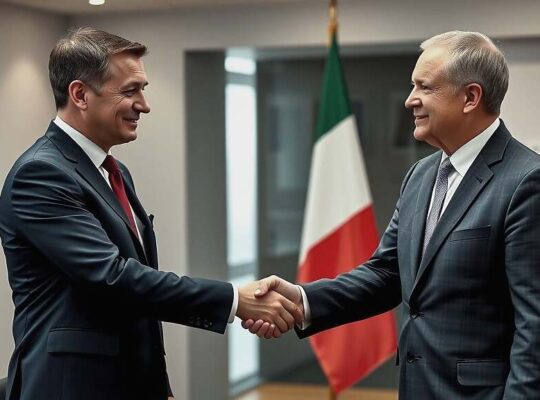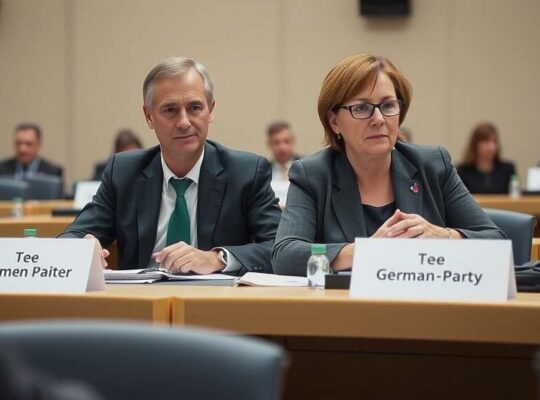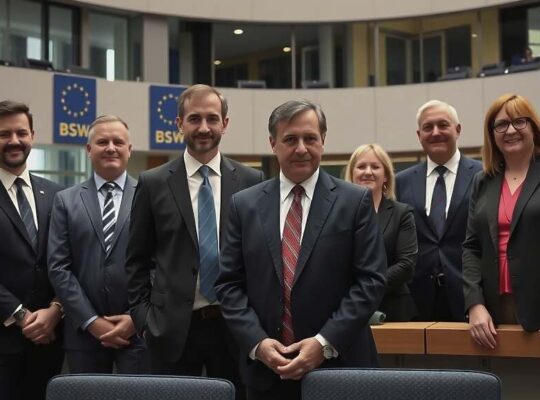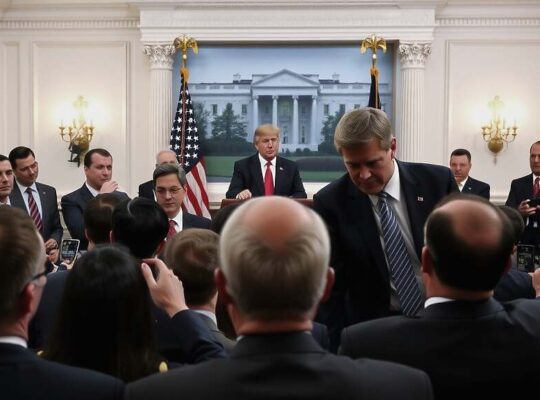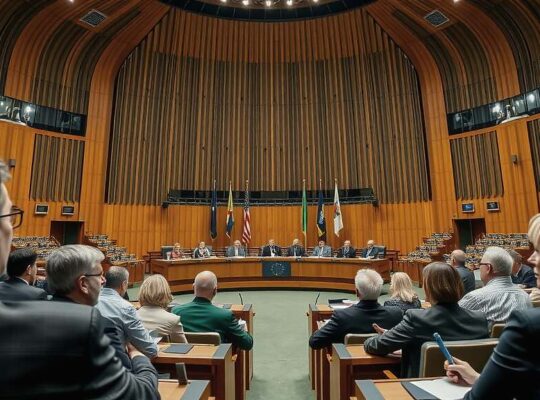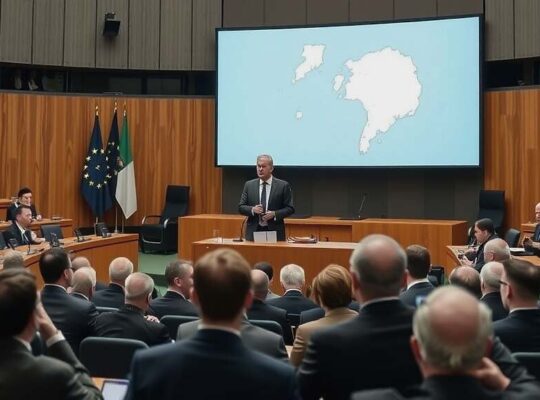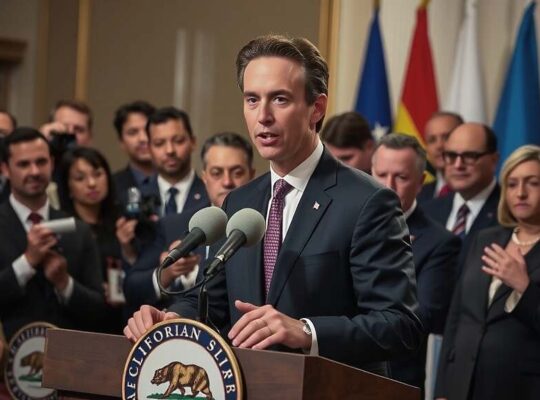The Green Party’s top candidate for the upcoming state election in Baden-Württemberg, Cem Özdemir, has publicly distanced himself from a core position advocated by his parliamentary colleagues in Berlin, revealing a growing rift within the party over the feasibility and political ramifications of the EU’s combustion engine ban. In an interview with “Bericht aus Berlin” Özdemir declared the EU’s 2035 deadline for phasing out combustion engines “practically unachievable” citing a fundamental lack of supporting infrastructure and escalating energy costs as major impediments.
Özdemir’s remarks represent a significant challenge to the Green Party’s perceived commitment to rapid decarbonization. He argued that the timeline’s ambition significantly outpaces the reality of the transition to electric mobility, a position likely to resonate with both industry and voters concerned about job security. Recognizing the tension between climate goals and economic stability, he explicitly prioritized safeguarding automobile industry jobs, stating that “if we don’t secure automotive jobs, nobody will walk the path of climate protection”. He underscored the importance of demonstrating a viable model of “prosperity, growth, jobs and climate protection” in Baden-Württemberg, suggesting that wider adoption of climate policies hinges on showcasing economic success.
Beyond the combustion engine debate, Özdemir also addressed simmering anxieties surrounding urban environments, calling the current situation in German city centers “unbearable”. He specifically highlighted the safety concerns faced by women traveling alone at night, linking inaction on the issue to a potential surge in support for the far-right Alternative for Germany (AfD). “If we don’t address it, it’s practically an invitation to vote for the AfD” he warned.
The veteran politician further stressed the necessity of curbing irregular migration, acknowledging the critical role of the federal government, under Chancellor Olaf Scholz, in achieving this goal. Özdemir’s pronouncements collectively reveal a shift towards a more pragmatic and potentially politically vulnerable Green Party strategy, prioritizing regional economic anxieties and public safety alongside environmental ambitions, even if it means challenging established party lines and risking accusations of moderation. The internal disagreement signals a brewing conflict between uncompromising climate advocacy and the practical demands of regional governance and maintaining broad electoral appeal.


